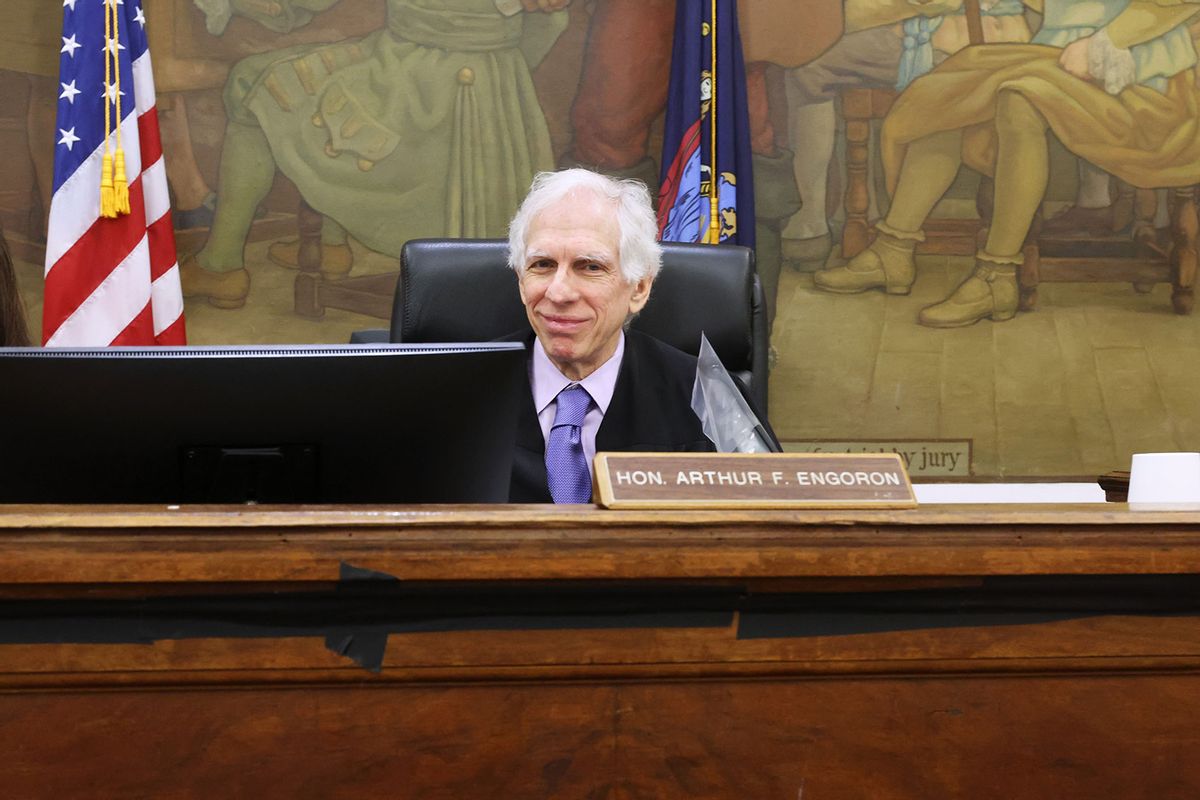A New York judge has agreed to accept Donald Trump's $175 million bond in his civil fraud case after ensuring that the issuer of the bond will have enough cash on hand to pay up should the former president lose his appeal.
At a hearing Monday, Judge Arthur Engoron initially questioned the legitimacy of Trump's bond, which he secured with the help of a supporter after earlier failing to secure a larger $454 million bond. Trump needs the bond in order to appeal the civil fraud conviction secured by New York Attorney General Letitia James in February.
James had herself questioned the $175 million bond, noting that the issuer, Knight Specialty Insurance Co., is not certified in the state of New York. Others had noted that the bond agreement contained "incomprehensible" language that raised questions about who would ultimately be responsible for paying it, should it come to that.
"It all seems like a house of cards," Judge Engoron himself said Monday, according to Reuters. But he decided to accept the bond after imposing a new requirement that Trump's $175 million collateral, currently held in a Charles Schwab account, not be invested in securities while the appeal process is under way.
Monday's decision came just down the street from the Manhattan courtroom where Trump is standing trial on criminal charges related to an alleged scheme to cover up hush payments ahead of the 2016 election.



Shares